Description
What Is a Full Stack Java Developer?
A full stack Java developer is a web developer that uses the Java language in the development of the entire technology stack of a web-based application. The job duties of a full stack Java developer are to create both front-end components, such as user interfaces and back-end components, such as application code and databases. As a full stack Java developer, you must understand how the entire technology stack functions as a whole and have deep expertise of each component. Java is a computer programming language that has become one of the most popular for web application development.
Advantages of JAVA Full Stack.
Cost-Effective
Greater Exposure
Complete Ownership
Complete Solution to Problems
Job Market Demand JAVA FULL STACK Developer or Programmer
The average JAVA FULL STACK Developer salary in the USA is $120,825 per year. Entry level positions start at $87,500 per year while most experienced workers make up to $140,250 per year. www.ziprecruiter.com
Overall employment of web developers and digital designers is projected to grow 23 percent from 2021 to 2031, much faster than the average for all occupations. www.bls.gov (US U.S Bureau of Labor Statistics) .
The following topics will be covered as part of JAVA Full Stack Training.
IDE
Source Repository
Git
Basic Concepts
Environment Setup
Life Cycle
Create Operation
Clone Operation
Perform Changes
Review Changes
Commit Changes
Push Operation
Update Operation
Stash Operation
Move Operation
Rename Operation
Delete Operation
Fix Mistakes
Tag Operation
Patch Operation
Managing Branches
Handling Conflicts
Different Platforms
Online Repositories
GitHub
Getting started from GitHub
Edit Code
Pull from GitHub
Push from GitHub
GitHub Branch
Pull Branch from GitHub
Push Branch from GitHub
Flow
Pages
Bit Bucket
Get Started
Edit Code
Pull from Bitbucket
Push to Bitbucket
Branch
Pull Branch from Bitbucket
Push Branch to Bitbucket
GitHub Flow
Pages
HTML,CSS,JS,Bootstrap
HTML5
Overview
Basic Tags
Elements
Attributes
Formatting
Phrase Tags
Meta Tags
Comments
Images
Tables
Lists
Text Links
Image Links
Email Links
Frames
Iframes
Blocks
Backgrounds
Colors
Fonts
Forms
Embed Multimedia
Marquees
Header
Style Sheet
Javascript
Layouts
CSS
Introduction
Syntax
Inclusion
Measurement Units
Colors
Backgrounds
Fonts
Text
Images
Links
Tables
Borders
Margins
Lists
Padding
Cursors
Outlines
Dimension
Scrollbars
CSS Advanced
Visibility
Positioning
Layers
Pseudo Classes
Pseudo Elements
@ Rules
Text Effects
Media Types
Paged Media
Aural Media
Printing
Layouts
Validations
CSS3 Tutorial
Tutorial
Rounded Corner
Border Images
Multi Background
Color
Gradients
Shadow
Text
Web font
2d transform
3d transform
Animation
Multi columns
User Interface
Box Sizing
CSS Responsive
Responsive Web Design
JavaScript
Overview
Syntax
Enabling
Placement
Variables
Operators
If…Else
Switch Case
While Loop
For Loop
For…in
Loop Control
Functions
Events
Cookies
Page Redirect
Dialog Boxes
Void Keyword
Page Printing
JavaScript Objects
Objects
Number
Boolean
Strings
Arrays
Date
Math
RegExp
HTML DOM
JavaScript Advanced
Error Handling
Validations
Animation
Multimedia
Debugging
Image Map
Browsers
Javascript Promises, async/await.
Javascript Modules
BootStrap
Environment Setup
Bootstrap with CSS
Grid System
CSS Overview
Typography
Code
Tables
Forms
Buttons
Images
Helper Classes
Responsive utilities
Bootstrap Layout Components
Glyphicons
Dropdowns
Button Groups
Button Dropdowns
Input Groups
Navigation Elements
Navbar
Breadcrumb
Pagination
Labels
Badges
Jumbotron
Page Header
Thumbnails
Alerts
Progress Bars
Media Object
List Group
Panels
Wells
Bootstrap Plugins
Plugins Overview
Transition Plugin
Modal Plugin
Dropdown Plugin
Scrollspy Plugin
Tab Plugin
Tooltip Plugin
Popover Plugin
Alert Plugin
Button Plugin
Collapse Plugin
Carousel Plugin
Affix Plugin
Angular
Introduction
Features
Installation
First App
Apps Loading
Architecture
Directives
ngIf Directive
ngFor Directive
ngSwitch Directive
Data Binding
Property Binding
String Interpolation
Event BindingTwo way Data Binding
Forms
ReactJS
Introduction
Installation
Architecture
Creating a React Application
JSX
Components
Styling
Properties (props)
Event management
State Management
Http client programming
Form programming
Routing
Redux
Animation
Testing
CLI Commands
Building and Deployment
ES6
Render HTML
Class
Events
Conditionals
Lists
Forms
Memo
Sass Styling
Database
RDBMS
Introduction to Databases and RDBMSs
Relational Data Model and the CREATE TABLE Statement
Basic Query Formulation with SQL
Extended Query Formulation with SQL
Notation for Entity Relationship Diagrams
ERD Rules and Problem Solving
Developing Business Data Models
Data Modeling Problems and Completion of an ERD
Schema Conversion
Normalization Concepts and Practice
Oracle
Introduction to SQL
Restricting and Sorting Data
Single Row Functions
Displaying Data From Multiple Tables
Aggregating Data using Group Functions
Sub Queries
Manipulating Data
Creating and Managing Tables
Including Constarints
Views
Other Database Objects
Index
Set Operators
JAVA Technologies
Core Java
Overview about OOPs Concepts
Overview, History
Basic Environment Setup with an example
Basic Syntax,Object & Classes,Constructors
Basic Datatypes,Variable Types,Java Modifier
Operators, Loop Control,Decision Making
Numbers,Characters
Strings
Arrays
Date & Time
Java Regular Expressions, Methods
Files and I/O
Exception Handling
Inner classes
Packages
Data Structures
Collections
Generics
Serialization
Networking
Multithreading
JDBC Concepts
Servlets
Introduction to Java Servlets ,Environment Setup
Life Cycle with Examples
Form Data handling
Client Request, Server Response, Http Codes
Writing Filters
Exceptions and Cookies Handling
Session Tracking
Database Access
File Uploading
Date Handling Date and Page Redirect
Hits Counter and Auto Refresh
Sending Email
Packaging
Debugging
Serlvets Pros and Cons
Real Time Examples
JSP
Introduction to JSP and Environment Setup
Architecture , Lifecycle of
Syntax, Directives, Actions, Implicit Objects
Client Request , Server Response , Http Status Codes
Form Processing
Writing Filters, Cookies Handling
Session Tracking
File Uploading
Handling Date
Page Redirect
Hits Counter
Auto Refresh
Sending Email
Standard Tag Library
Database Access
XML Data
Java Beans
Custom Tags
Expression Language
Exception Handling
Debugging
Security
Internationalization
Introduction to JSP and Environment Setup
Architecture , Lifecycle of
Syntax, Directives, Actions, Implicit Objects
Client Request , Server Response , Http Status Codes
Form Processing
Writing Filters, Cookies Handling
Session Tracking
File Uploading
Handling Date
Page Redirect
Hits Counter
Auto Refresh
Sending Email
Standard Tag Library
Database Access
XML Data
Java Beans
Custom Tags
Expression Language
Exception Handling
Debugging
Security
Internationalization
Spring
Overview
Architecture
Environment Setup
Hello World Example
IoC Containers
Bean Definition
Bean Scopes
Bean Life Cycle
Bean Post Processors
Bean Definition Inheritance
Dependency Injection
Injecting Inner Beans
Injecting Collection
Beans Auto-Wiring
Annotation Based Configuration
Java Based Configuration
Event Handling in Spring
Custom Events in Spring
AOP with Spring Framework
JDBC Framework
Transaction Management
Web MVC Framework
Logging with Log4J
Hibernate(Basics)
ORM – Overview
Overview
Architecture
Environment
Configuration
Sessions
Persistent Class
Mapping Files
Mapping Types
Examples
O/R Mappings
Annotations
Query Language
Criteria Queries
Native SQL
Caching
Batch Processing
Interceptors
Spring Boot
Introduction
Bootstrapping
Tomcat Deployment
Build Systems
Code Structure
Spring Beans & Dependency Injection
Runners
Application Properties
Logging
Building RESTful Web Services
Exception Handling
Interceptor
Servlet Filter
Tomcat Port Number
Rest Template
File Handling
Service Components
Thymeleaf
Consuming RESTful Web Services
CORS Support
Internationalization
Scheduling
Enabling HTTPS
Eureka Server
Service Registration with Eureka
Zuul Proxy Server and Routing
Spring Cloud Configuration Server
Spring Cloud Configuration Client
Actuator
Admin Server
Admin Client
Enabling Swagger2
Creating Docker Image
Tracing Micro Service Logs
Flyway Database
Sending Email
Hystrix
Web Socket
Batch Service
Apache Kafka
Twilio
Unit Test Cases
Rest Controller Unit Test
Database Handling
Securing Web Applications
OAuth2 with JWT
Google Cloud Platform
Google OAuth2 Sign-In
Microservices
Introduction To Microservices
Design Principles
Design Patterns
Microservices 12 Factors
Containarization
Interservices Communciation
Services Mesh
API Managements / API Gateway
API Documentations ( Swagger )
Docker
Code Quality & Security (Best practices, Tips & Tricks)
Code Quality
Developer Ground Rules ( how to write quality code? )
General Coding Standards
Code Coverage
Best Practices
Security Standards (Sonar Cube , SAST, DAST, IAST)
Performance Tips & Tricks
Lintting (Sonar Lint)
Importance of Code Reviews
Software Testing
Software Testing
Introduction
Getting Started – Software Testing
Black Box Testing
White Box Testing
Unit Testing
Performance Testing
Security Testing
Software Testing Management and Planning
Errors, Defects and Bugs
Test Automation
JUnit Testing
Installation and setup
Test Framework
Annotations Tutorial
Assert & AssertEquals
Create JUnit Test Suite with Example
JUnit @Ignore Test Annotation
Expected Exception Test
ErrorCollector
Parameterized Test
TestNG Vs JUnit
Selenium with Java
Introduction to Automation Testing
Introduction to Selenium
Introduction to Selenium IDE
Introduction to Selenium WebDriver 3
DataDriven Framework
Locators & XPath
Hybrid Framework
Switches Alerts & Windows
Database Testing
Selenium Grid
Page Object Model
DevOps
Docker
Jenkins
DevOps
Introduction to DevOps (CI/CD)
Jenkins, Maven/ MS Build
Integration with Jenkins
Testing with Selenium
Containerization with Docker
Ecosystem and Networking
Duration & Timings :
Total Hours – 100 Hours.
Training Type: Online Live Interactive Session.
Faculty: Experienced.
Access to Class Recordings.
Weekday Evening Schedule:
Weekday Session – Mon – Thu 8:30 PM to 10:30 PM (EST) – 15 Weeks. August 19, 2024.
Weekday Session – Mon – Thu 8:30 PM to 10:30 PM (EST) – 15 Weeks. November 4, 2024.
JAVA FULL STACK REVIEWS
For More Reviews
Inquiry Now
USA: +1 734 418 2465 | India: +91 40 4018 1306

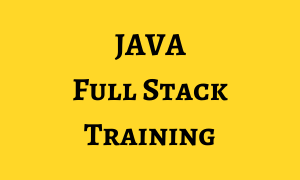
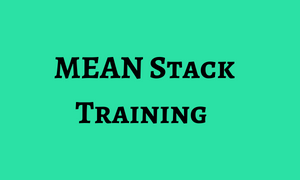
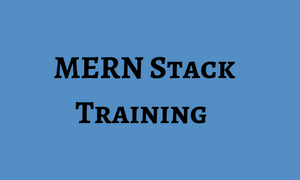
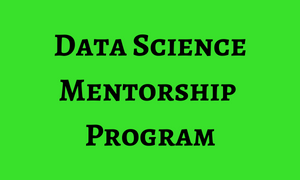


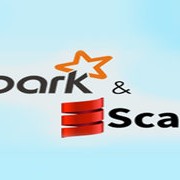
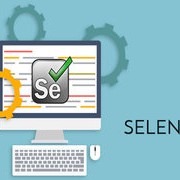
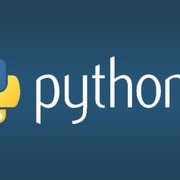
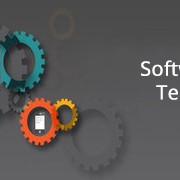
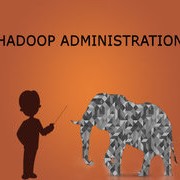
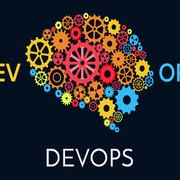

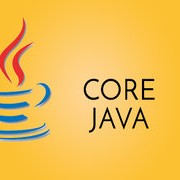

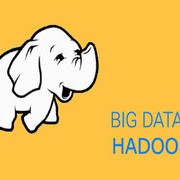
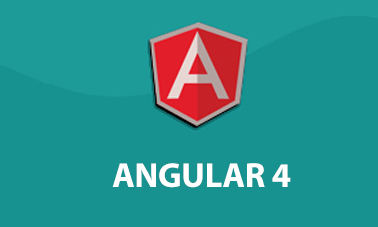
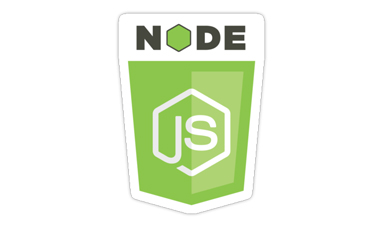
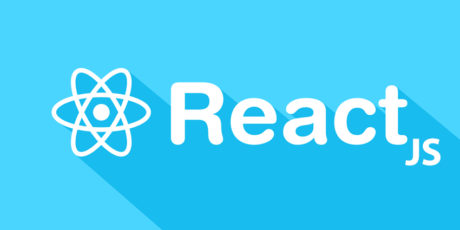
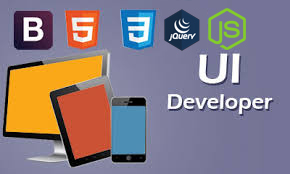

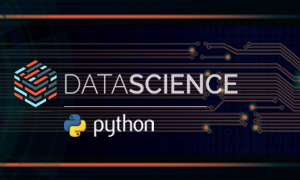

 +91 40 4018 1306
+91 40 4018 1306 +1 734 418 2465
+1 734 418 2465 info@learntek.org
info@learntek.org
Reviews
There are no reviews yet.